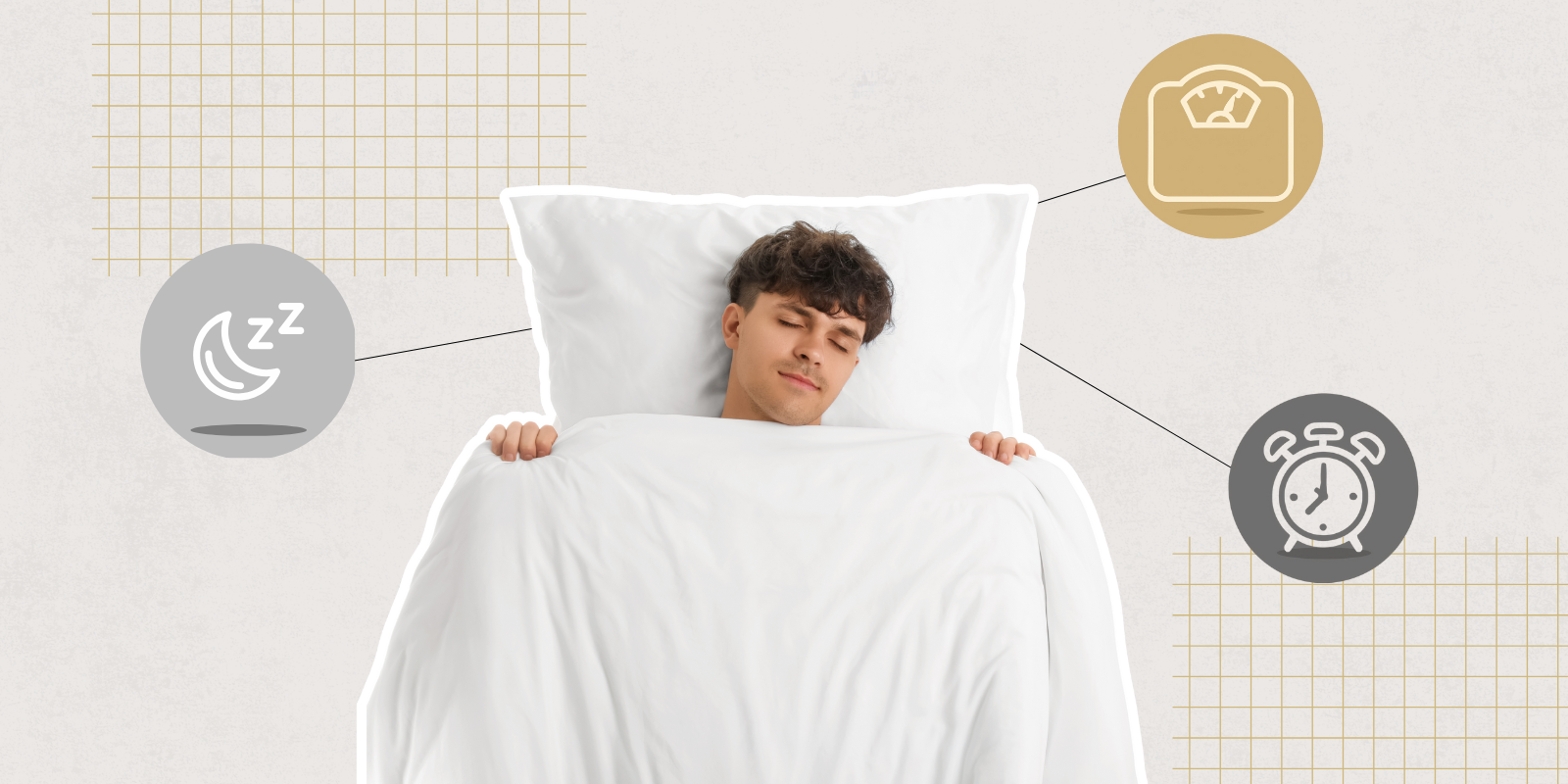Can a smartphone app reduce the need for medication in patients with Type 2 diabetes? That’s what Marc Bonaca, MD, professor of cardiology in the University of Colorado School of Medicine, set out to discover.
Bonaca is the principal investigator on a recent study that showed that people with Type 2 diabetes who were given a smartphone app that delivers personalized cognitive behavioral therapy (CBT) saw significantly greater reductions in their blood sugar and less need for higher doses of diabetes medications compared with those who only received standard diabetes care and a control app. Bonaca presented the latest research from the ongoing project in March at the American College of Cardiology’s Annual Scientific Session.
“There was a shared desire to understand how to how to effect behavioral change in patients with cardiometabolic disease,” Bonaca says of the project’s origins. “It’s a foundation of how we treat patients, but overall we’re not very good at it. It’s very hard to drive behavioral change.”
How CBT helps
Previous research has shown that CBT — talk therapy that is aimed at changing long-term behaviors — is an effective way to create behavioral change, but it can be time-consuming and expensive for the patient. Delivering the same therapy through an interactive app, Bonaca says, makes it more accessible and less expensive to deliver.
“This app brought the promise of a digital therapeutic in a very scalable and personal way,” he says. “It also has some additional advantages, like privacy, where you’re not necessarily having to admit to a counselor that you fell off your diet.”
Type 2 diabetes is an acquired disease based on behaviors rooted in unhealthy thoughts such as, “I'm feeling stressed, and eating cookies or other calorie-rich foods is going to make me feel better.” The cognitive behavioral app gives users skills that allow them to understand those thoughts and not succumb to them.
“You can instead have healthy thoughts that lead to healthy behaviors, and in some cases, you may even reverse diabetes,” Bonaca says.
Promising results
In the initial trial that was published in December 2022 in the journal Diabetes Care, participants were randomly assigned to either the CBT app or a control app that asked some questions but did not provide tailored lessons or skills. Those assigned to the CBT app were asked to complete one lesson per week aimed at skill development and behavior change but could complete more lessons if they wished.
“What we saw in that study was that there was a dose effect, meaning the more you did, the more benefit you got,” Bonaca says. “People who did one lesson a week got a big response; people who did half that amount had a decent effect; and those who did no lessons had no effect.”
Most importantly, the initial trial, which measured results after patients used the app for 90 days, found that use of the CBT program lowered hemoglobin A1C, a measure of blood sugar control, by 0.4%, the same results achieved using medication. Participants who used the CBT app also lost weight and saw their blood pressure decrease. The changes were a result of healthier eating and other behaviors brought about by using the app.
“It gets to the root of how people feel about food and what drives certain behaviors,” Bonaca says. “It might be, ‘How did things go today? Not well? Why?’ Let’s look into what drove that, and the triggers and the feelings that brought up, and then provide skills and lessons around, ‘OK, when this happens, here are some things to think about.’ In a sense, it's reprogramming the brain around certain conditions.”
The longer view
Bonaca and his co-researchers are currently conducting another study of the app that will measure results out to a year after patients complete the 90-day course of therapy.
So far, they are finding that the results are long-lasting, with significantly less requirement for the addition or increased dosing of medications such as insulin to manage their diabetes, even 180 days after the intervention is completed. It’s a significant finding because insulin can cause weight gain, hypoglycemia, and other side effects, but it’s also significant because it shows the potential of digital solutions to manage health conditions.
“People have struggled to wrap their heads around what a digital therapeutic is,” Bonaca says. “In medical school, you’re trained to think of a medical intervention as something you swallow or inject. This is a whole new toolkit. It’s not meant to compete with drugs; it’s meant to be an adjunct to try to effect behavioral change. The company that created it is submitting it to the regulatory authorities for an approval so that it could be prescribed as a digital therapeutic, and eventually it could be broadly available.”




